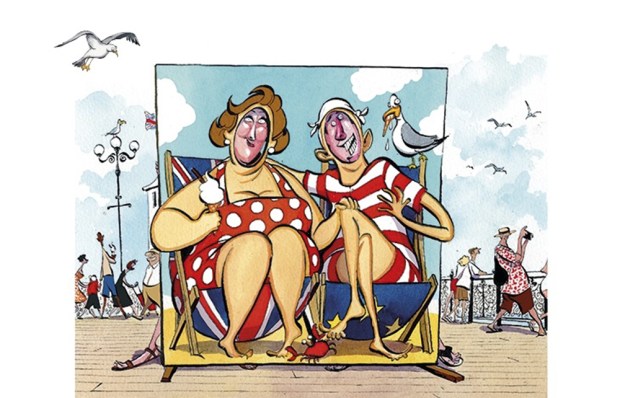There was a big fuss a year or so ago about a book by a French chap called Piketty about wealth inequality. He suggested capitalism, aside from an anomalous period between 1930 and 1979, inexorably concentrated wealth at the top.
One interesting defence of inequality is that the rich, by adopting technologies early, redistribute far more of their wealth than we realise by funding R&D and innovation.
Already a subscriber? Log in
Subscribe for just $2 a week
Try a month of The Spectator Australia absolutely free and without commitment. Not only that but – if you choose to continue – you’ll pay just $2 a week for your first year.
- Unlimited access to spectator.com.au and app
- The weekly edition on the Spectator Australia app
- Spectator podcasts and newsletters
- Full access to spectator.co.uk
Or
Unlock this article
Rory Sutherland is vice-chairman of Ogilvy Group UK.
You might disagree with half of it, but you’ll enjoy reading all of it. Try your first month for free, then just $2 a week for the remainder of your first year.















Comments
Don't miss out
Join the conversation with other Spectator Australia readers. Subscribe to leave a comment.
SUBSCRIBEAlready a subscriber? Log in